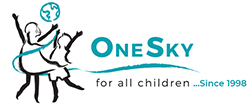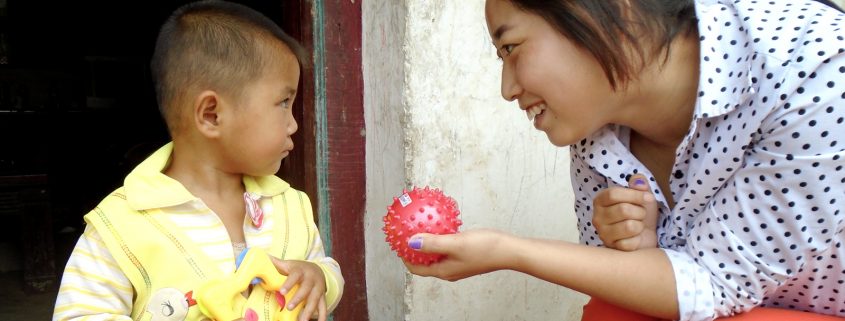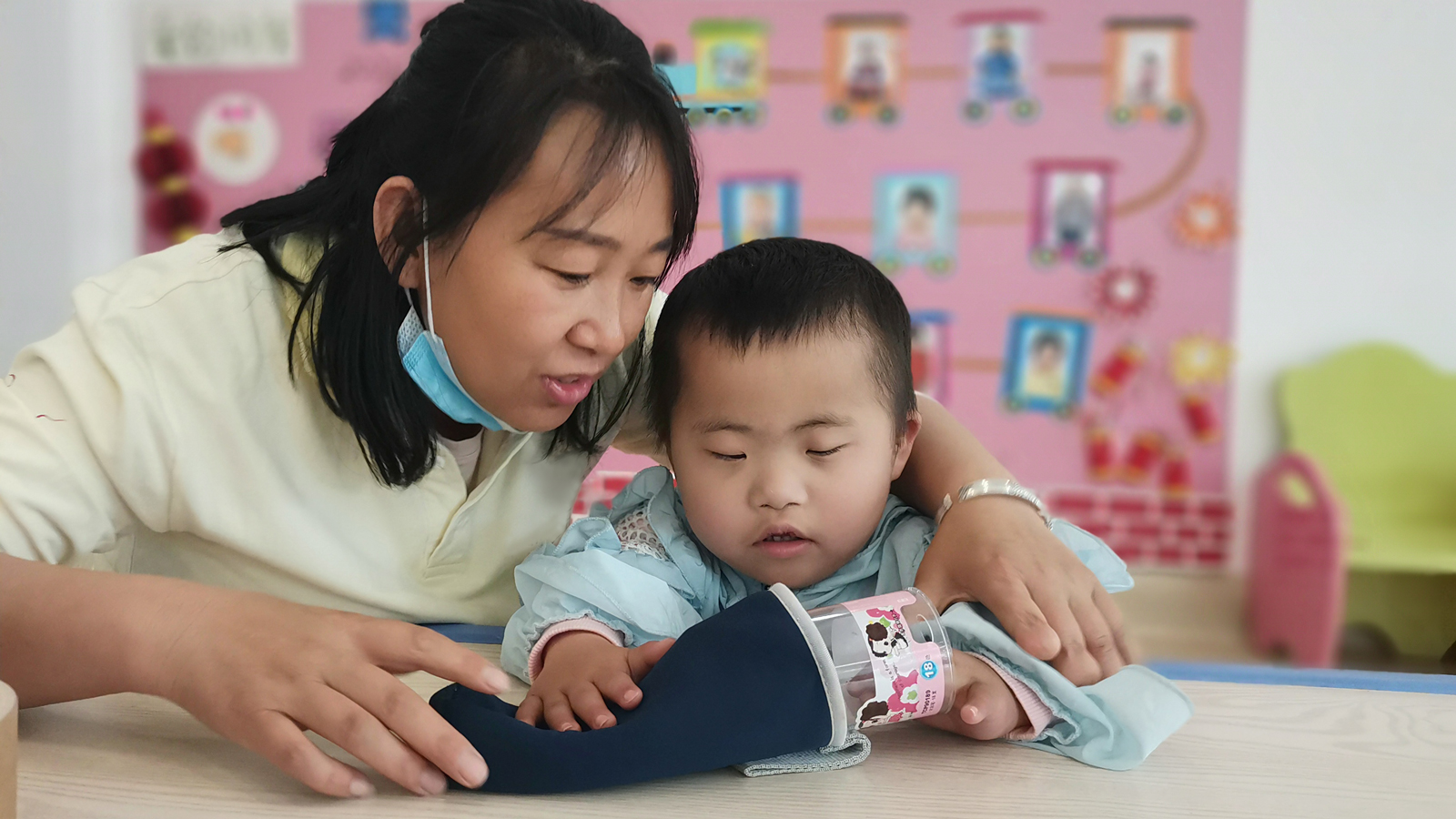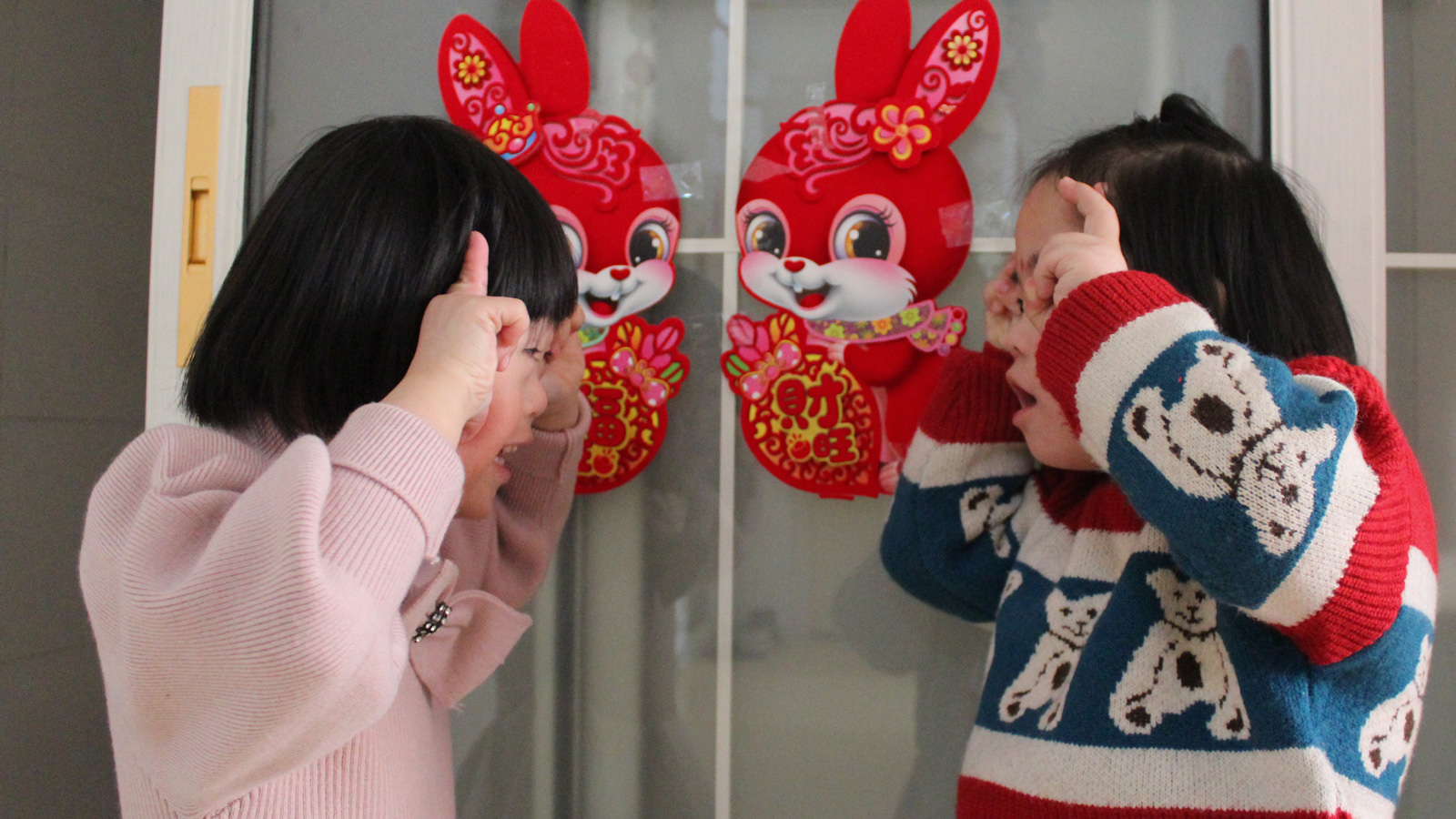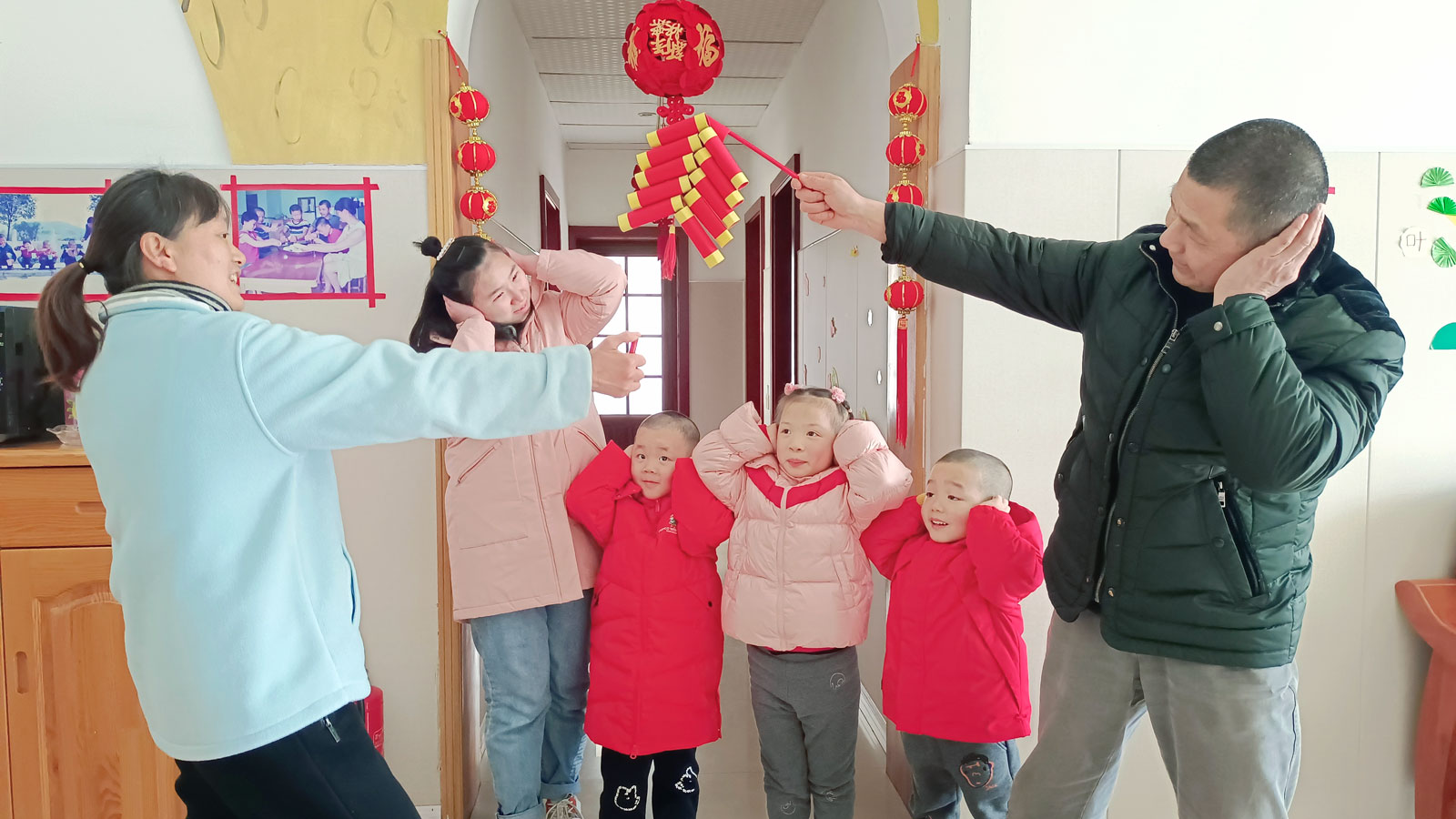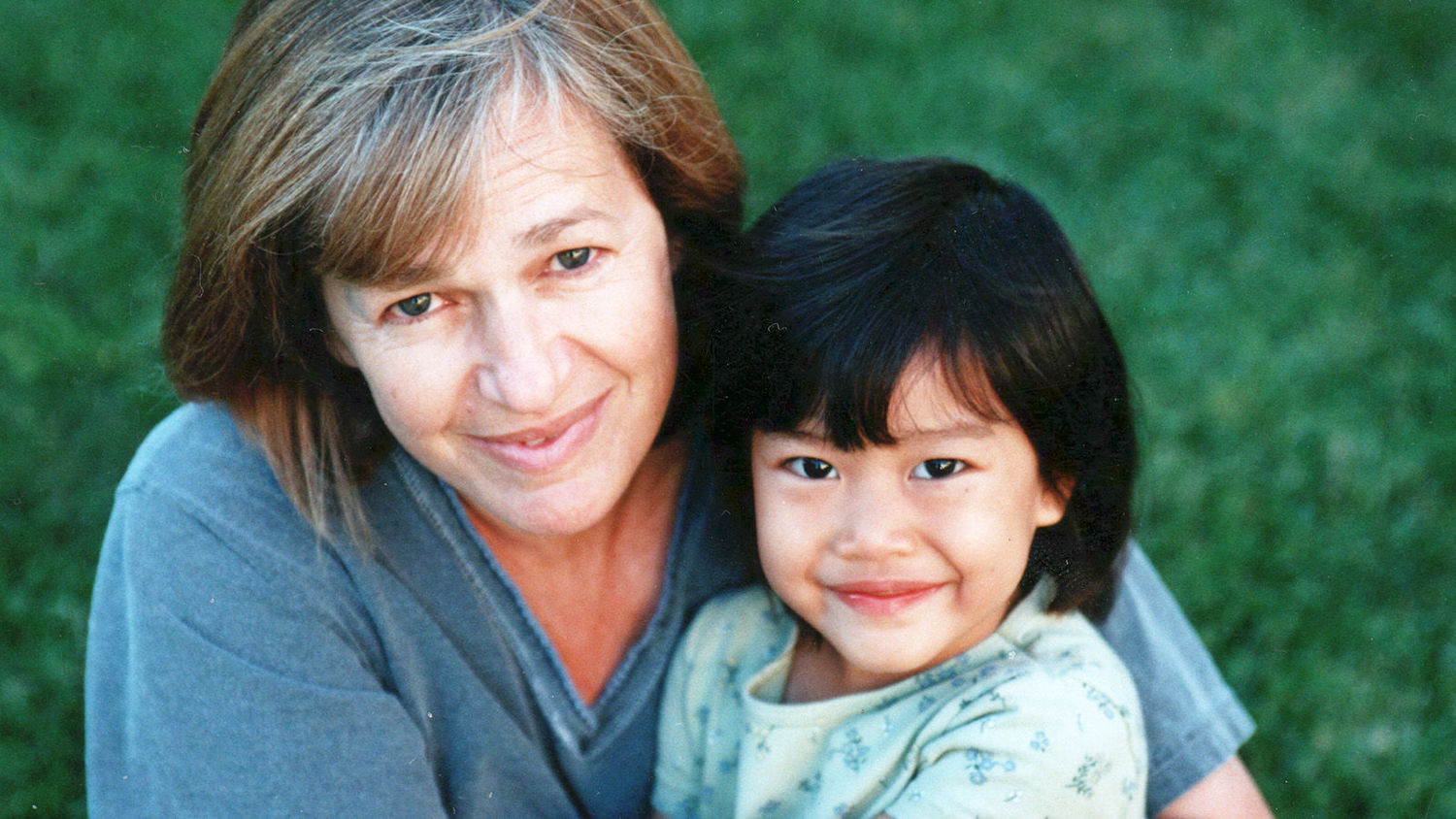What I Want for My Son Is What I Want for All Children!
When her son was just a year old, Lv did what many young mothers in rural China do to make ends meet.
She left her small village and headed for work in a nearby city, leaving her son Kunkun behind in the care of her husband’s aging parents. Her husband, meanwhile, worked in a store in another county, and seldom was able to come home.
Before she left, Lv had happily cared for Kunkun and proudly watched his progress as he learned to walk and say his first words: Mommy, Daddy, Granny.
After Lv had been away for six months working in an electronics factory, she was elated that she got the chance for a brief visit home because she had missed her little boy so much. But Lv’s happiness quickly turned to worry when she realized that her son had stopped learning. At 18-months-old, he could still say only three words.
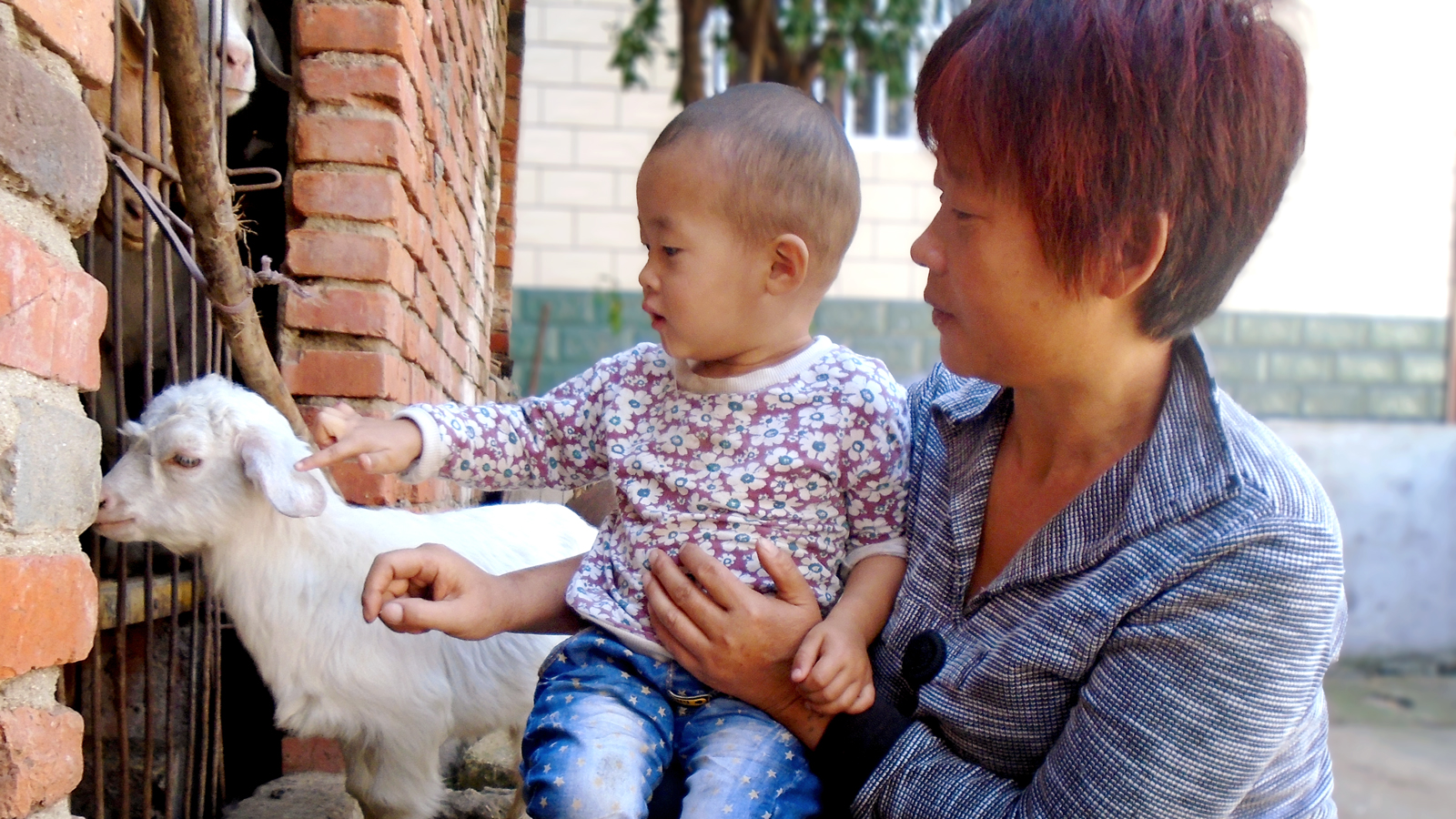
Kunkun with Grandma
Lv saw how quiet and introverted Kunkun’s grandmother was and how little she talked to her grandson. His grandfather, meanwhile, worked all day and came home only at night, too late for playtime. Lv went back to her job feeling very sad about her son’s lack of progress, but not knowing what to do.
Months later, Lv came home again for Spring Festival, and this time she heard some news that gave her hope: OneSky was recruiting mentors to work with families in her village. Lv applied and, thanks to her enthusiasm and understanding about conditions in village families like her own, got the job.
Once she began her training, Lv quickly learned new strategies to help her son and other children living in her village. She discovered how important it is to provide young children with lots of stimulation while their brains are developing so quickly and also learned how to encourage her son’s grandparents to become more engaged caregivers.
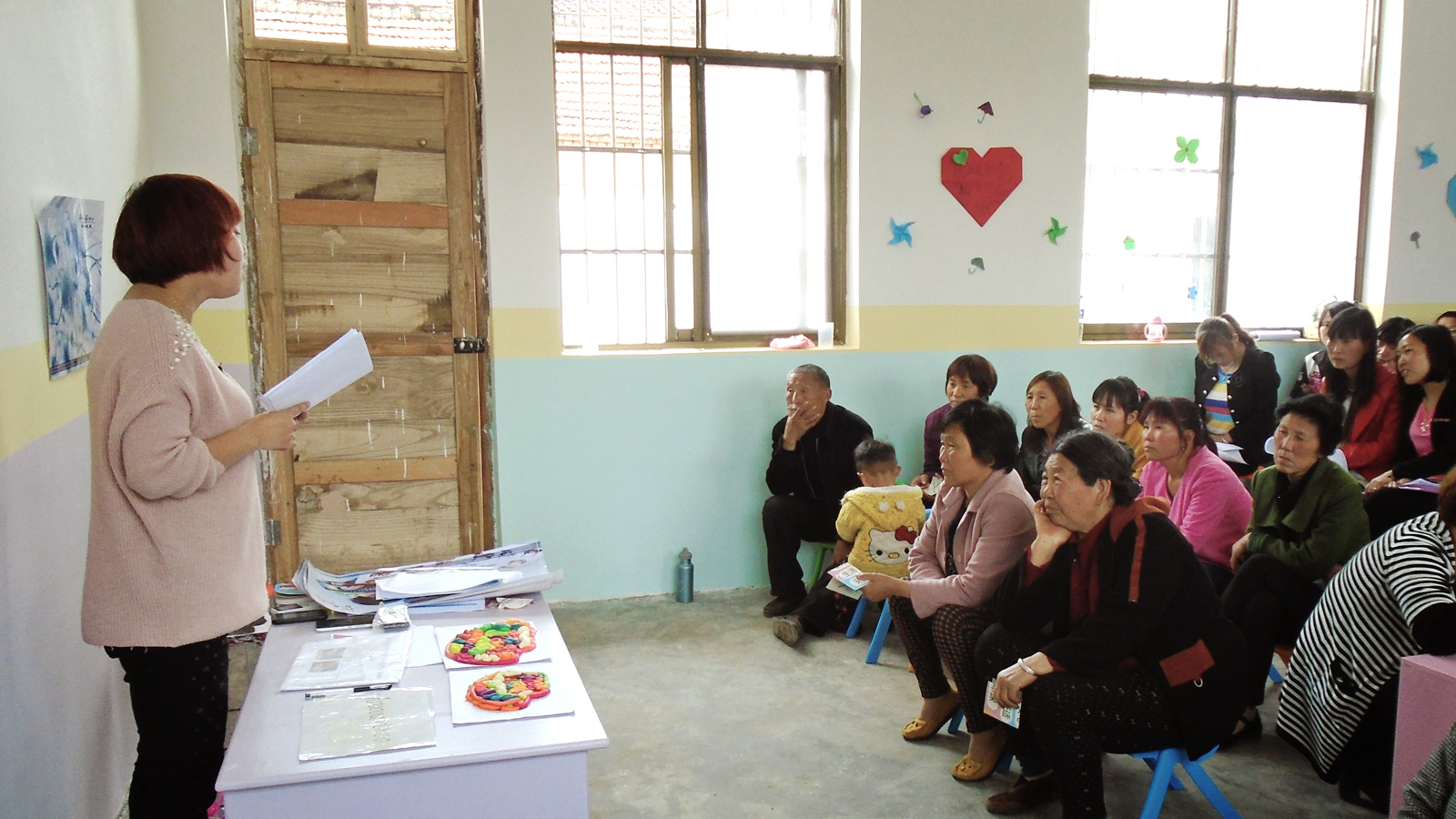
OneSky Training
Though Kunkun’s grandmother is shy, she picks up new ideas quickly. Soon she was helping him try other new activities and talking with him alot. One day, she decided that instead of feeding Kunkun, she’d help him learn to feed himself. She brought a spoon and bowl, helped him with the first few bites, and was amazed at how quickly he caught on. “Fine motor skills!” she bragged. Before long, Kunkun was not only active and engaged, he was talking in sentences. “Like a new kid,” says Lv, proudly.
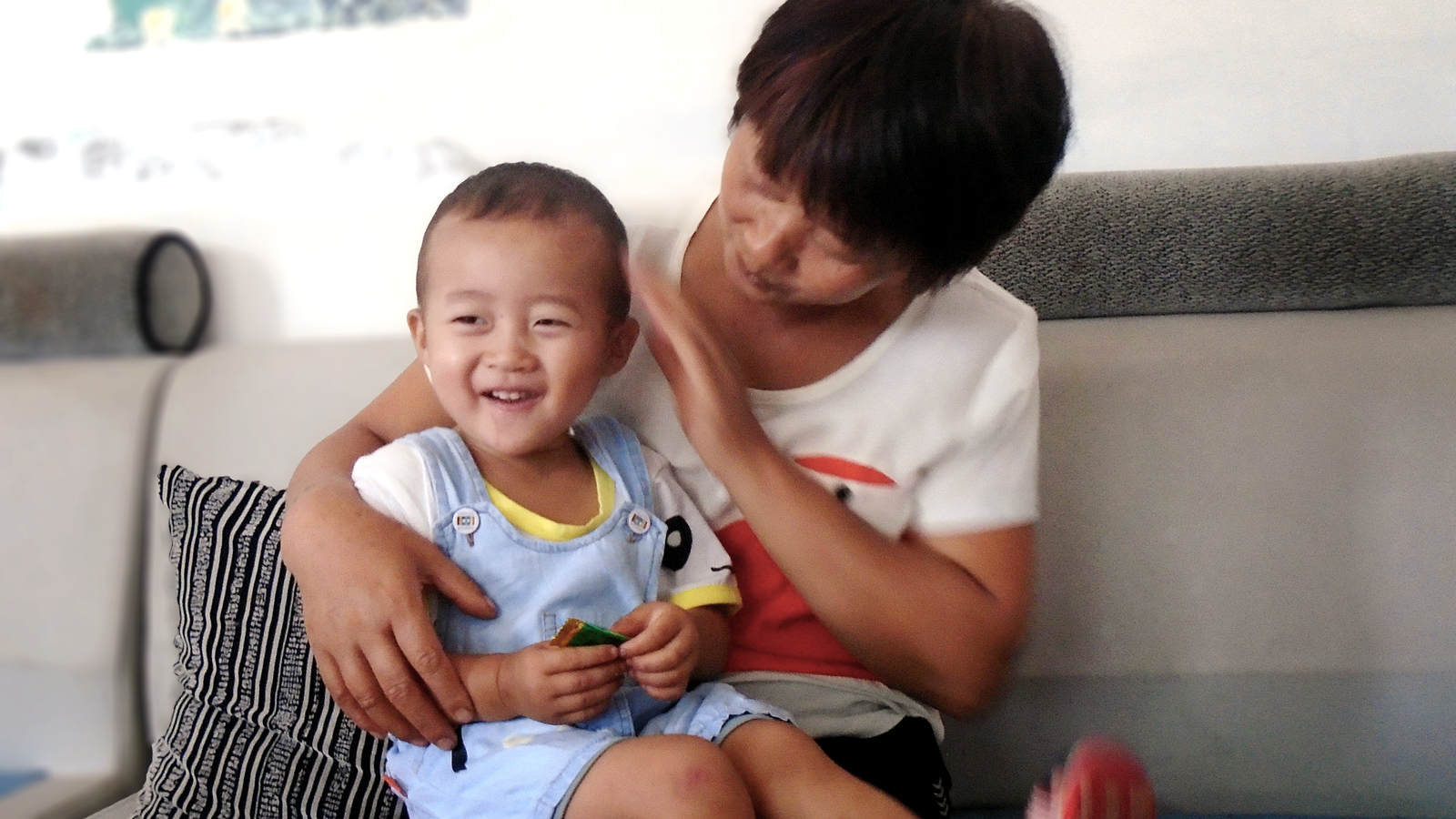
Meanwhile, Lv started visiting families at home, telling them about the OneSky Center’s programs for toddlers. Some of the grandparents were more resistant than her mother-in-law; they thought toddlers were fine just staying home.
Lv realized that just talking about the programs wasn’t enough. So on her next visits, she brought toys and books designed to enhance healthy development. Lv did little demonstrations for them, showing ways to engage the children as they played with plastic figures of animals, for example: “Which animals do you think might live together? What kind of care do you think they need?”
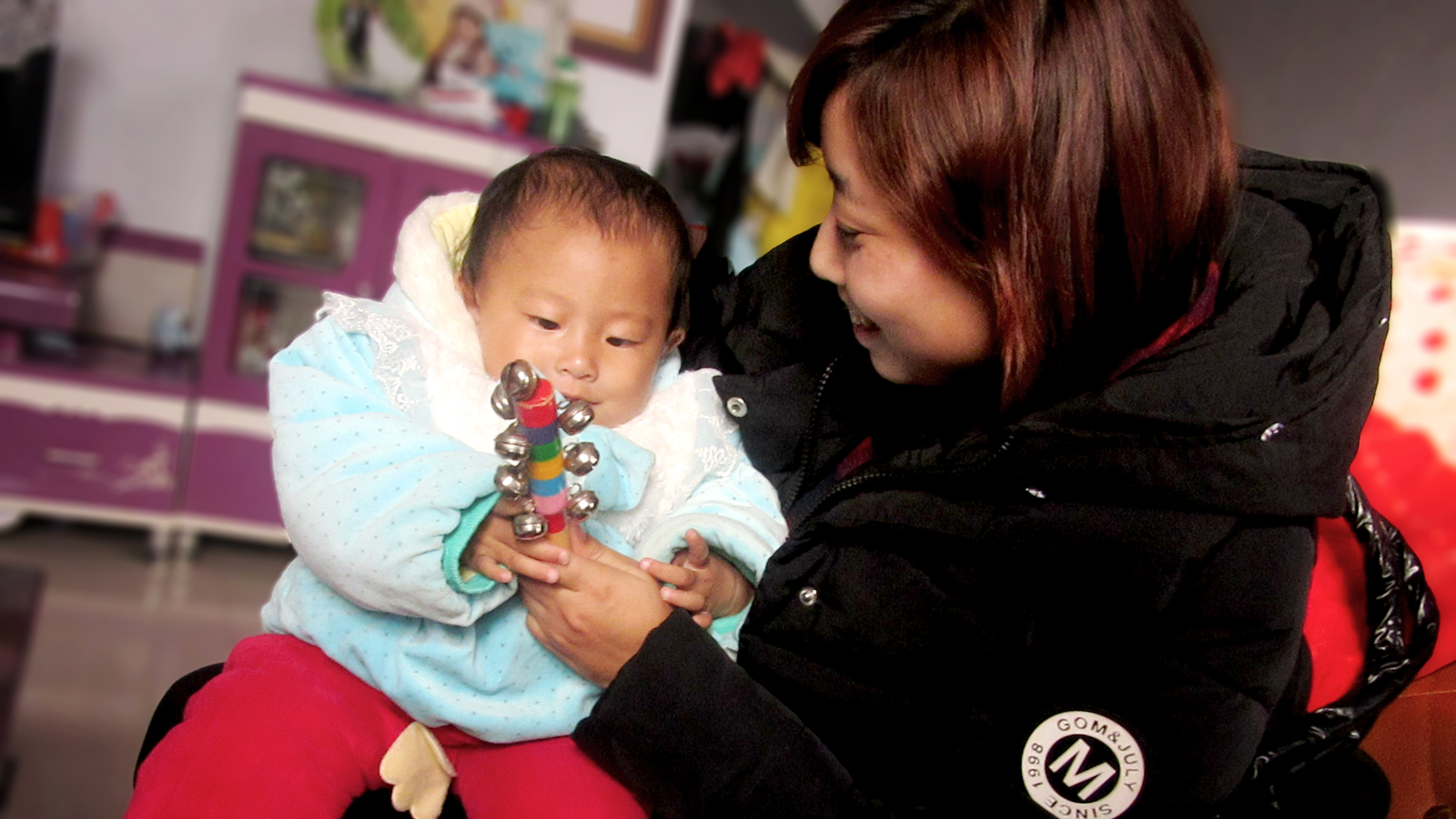
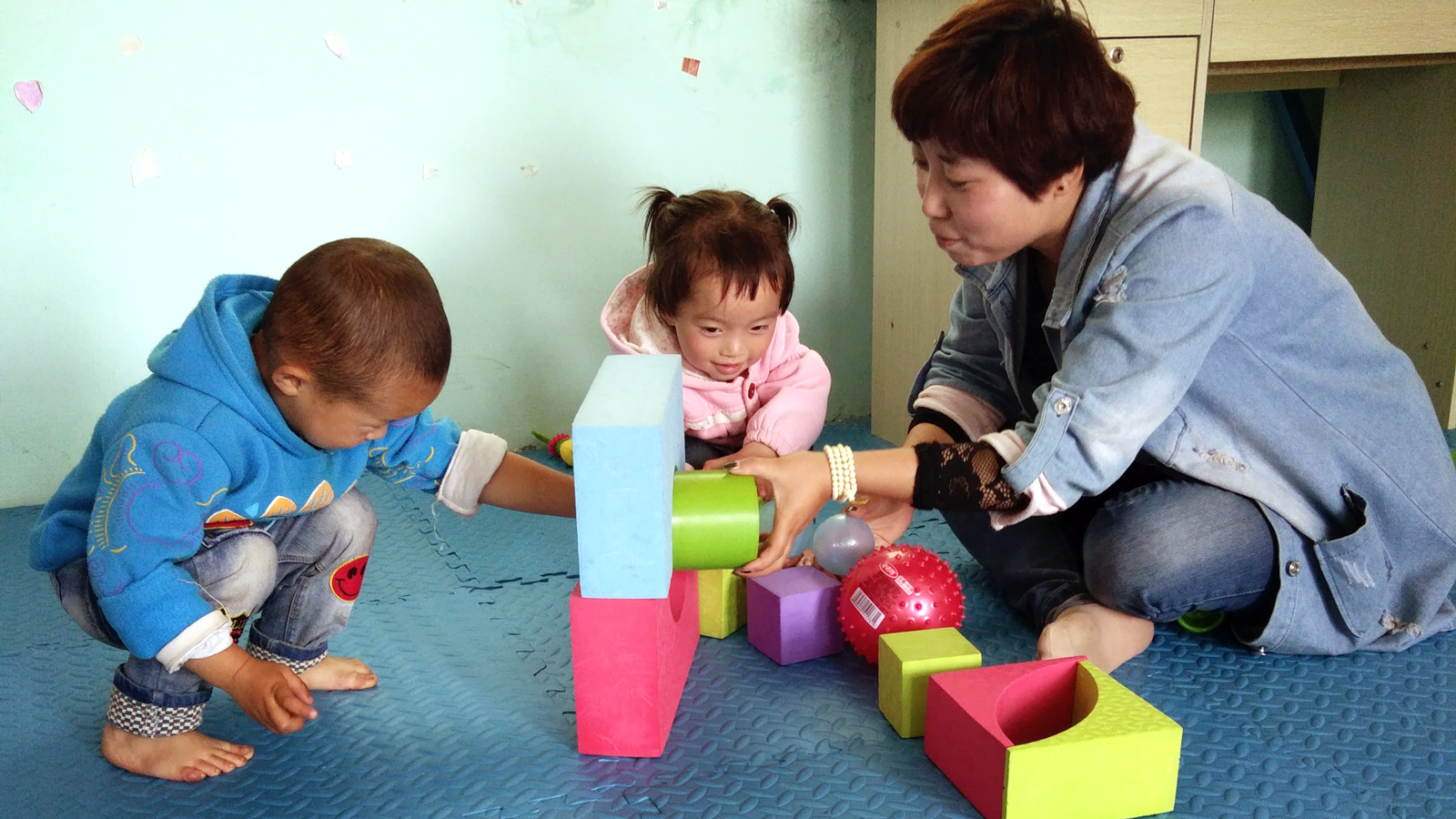
The grandparents could see how absorbed even youngest children were, how quickly they learned, and how happy they seemed. They also saw the progress Lv’s own son was making and wanted the same for their children and grandchildren.
Lv grew particularly close to a family with a little girl named Yanyan, who had been very weak after birth. Yanyan’s grandmother did her best to care for her, but at 2 years old, she still couldn’t walk or talk. When Lv paid a visit, she encouraged Yanyan’s grandmother to bring her to OneSky’s Family Center and showed her how to baby proof the house so the little girl could practice her first steps safely.
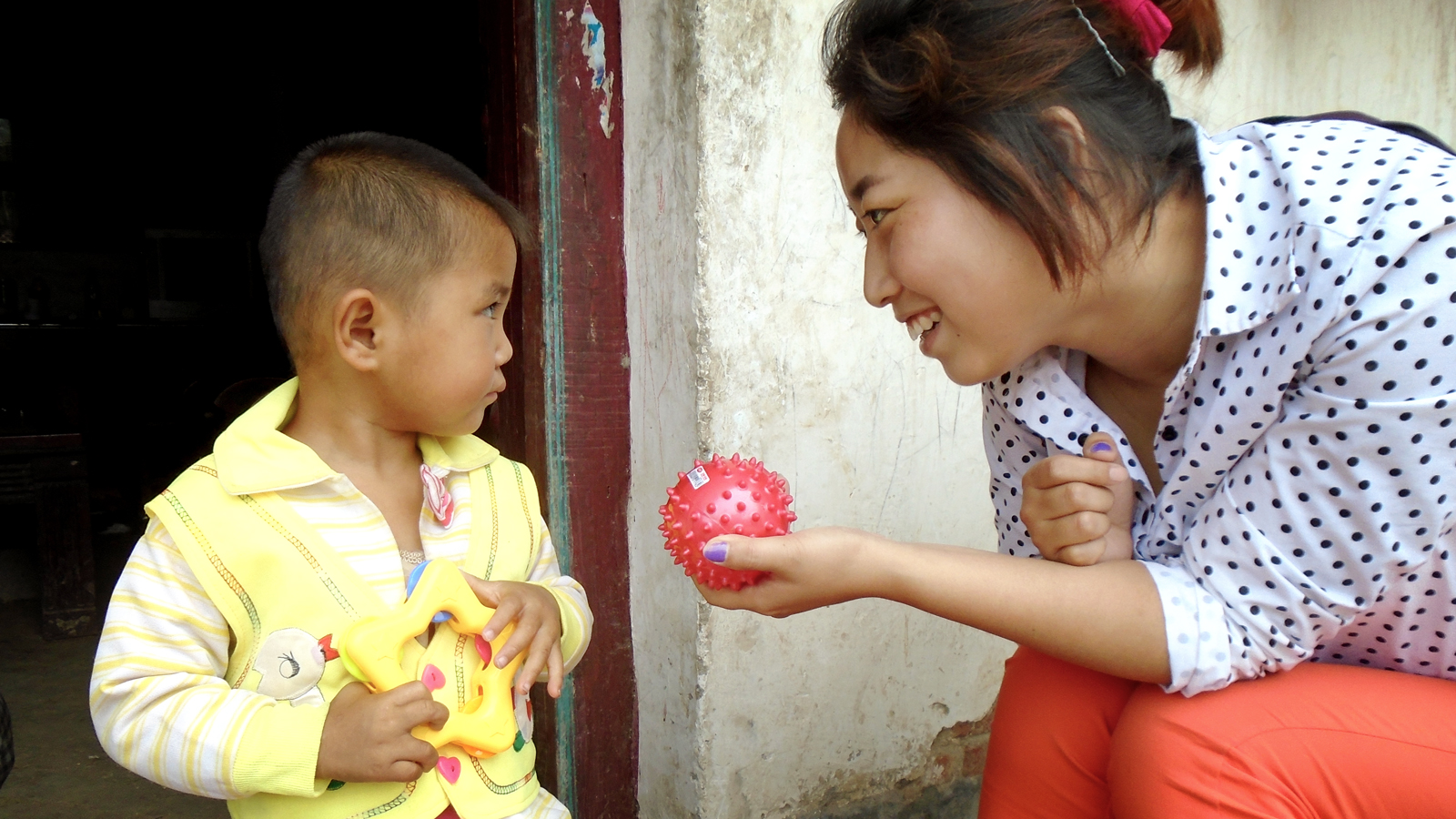 Lv with Yanyan
Lv with Yanyan
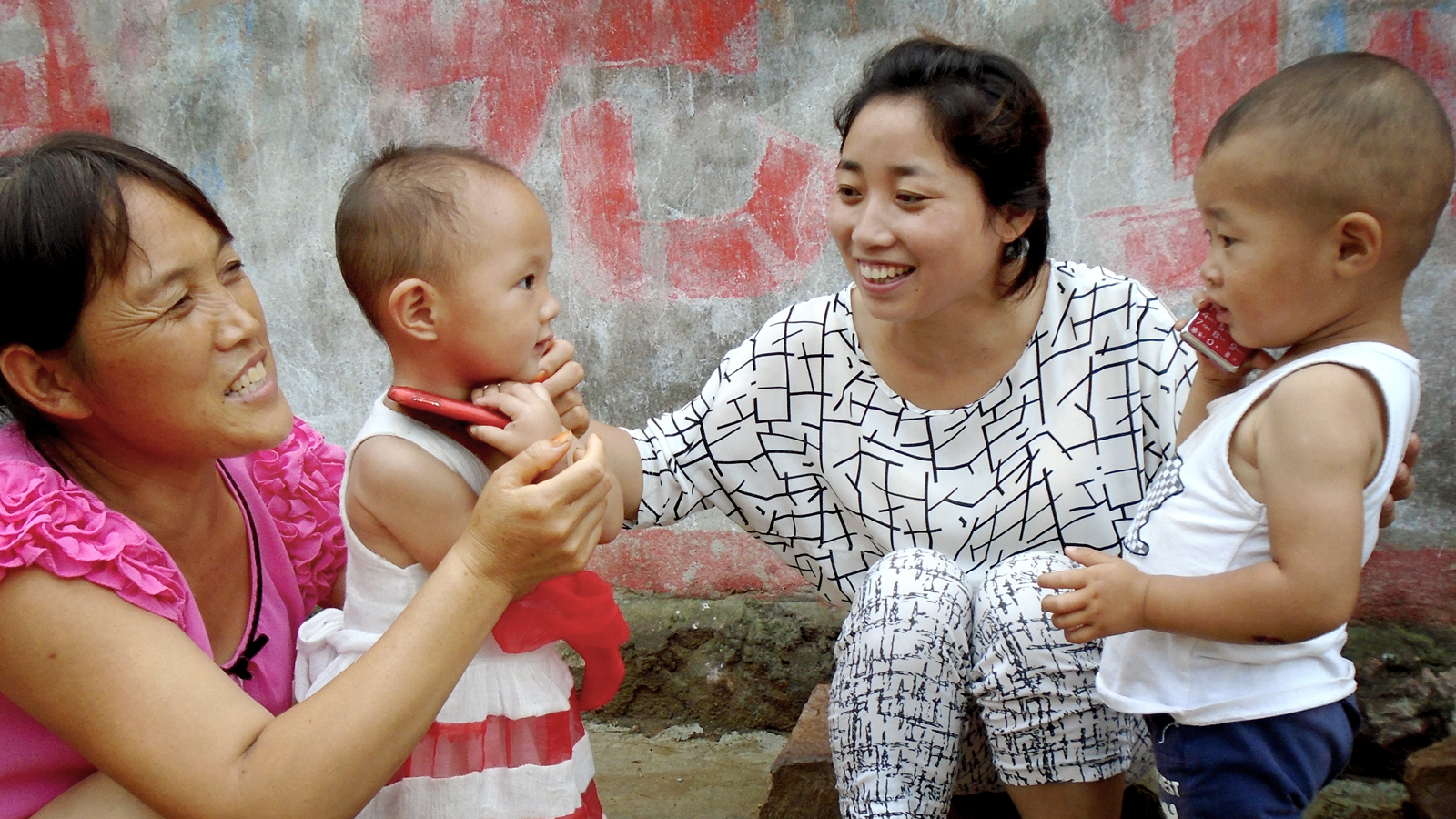
Six months later, Lv says, with tears in her eyes, Yanyan had learned to walk and was saying simple words. As for Lv, she had come to love her job. “My days are full and happy!” she says, “What I want for my son is what I want for all children!”
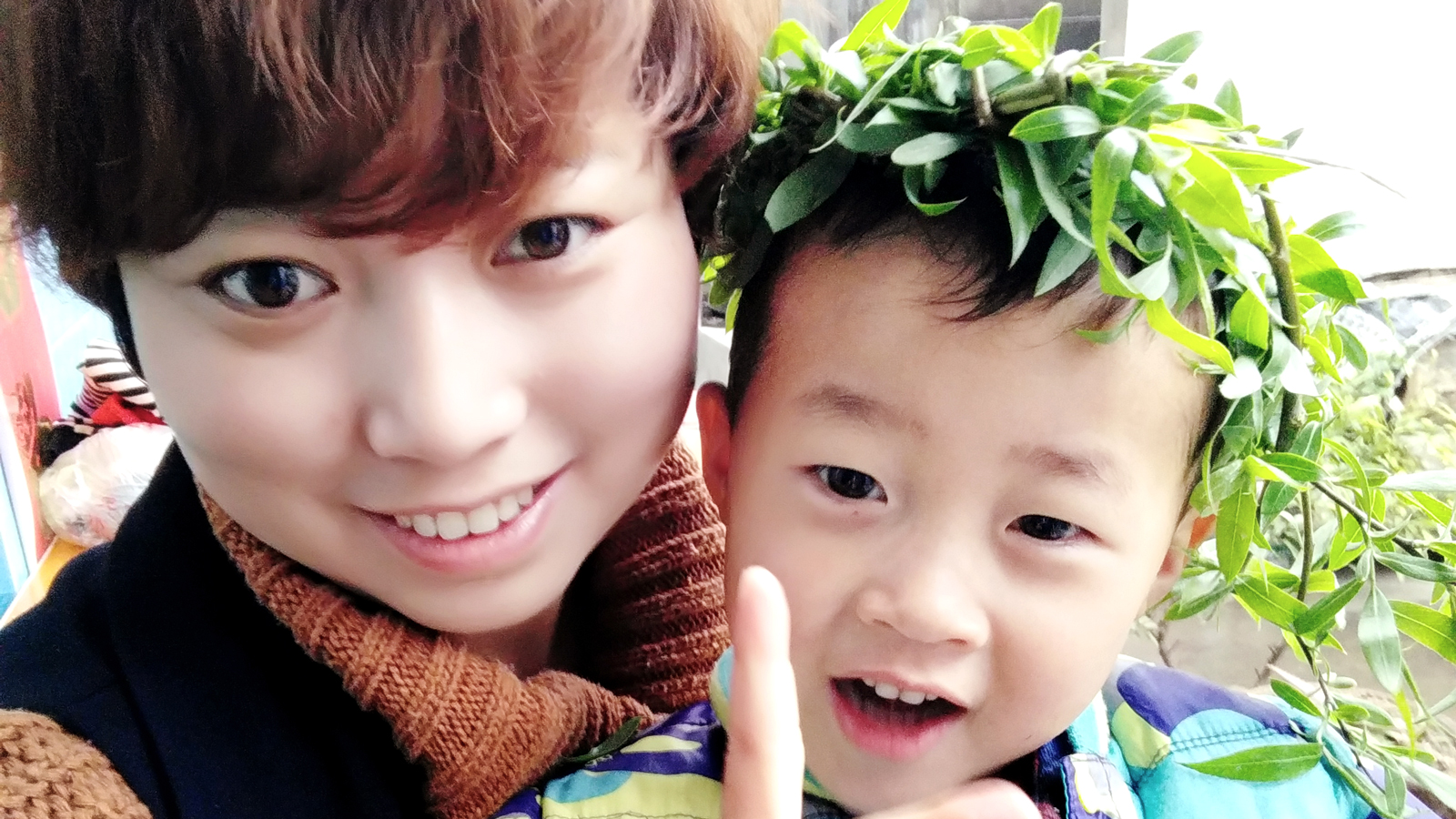
By Betty Jiang and Karin Evans
